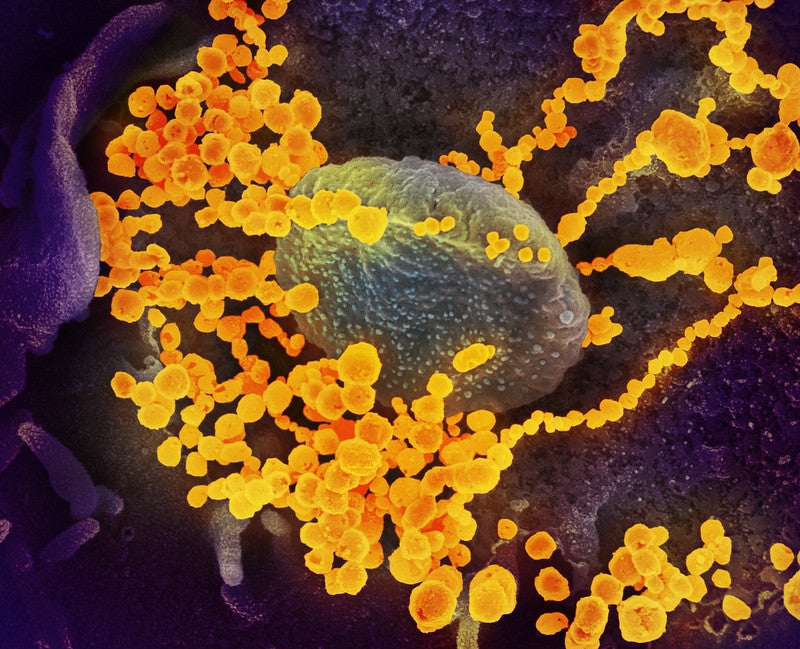
The University of Minnesota in the US has treated the first patient with Covid-19 and lung failure using mesenchymal stem cells (MSCs) as part of a new clinical trial approved by the US Food and Drug Administration (FDA).
The stem cells therapy is intended to stop the intense inflammatory response of the body, called a cytokine storm, in patients with severe Covid-19.

Discover B2B Marketing That Performs
Combine business intelligence and editorial excellence to reach engaged professionals across 36 leading media platforms.
A cytokine storm develops due to the body’s immune response to the coronavirus and could result in extensive organ damage, including lung failure.
M Health Fairview University of Minnesota Medical Center critical care and pulmonary physician David Ingbar said: “The inflammation seen in patients with severe Covid-19 can be devastating. The cytokine storm can rapidly lead to shock, massive fluid buildup in the tissues, and direct severe tissue injury, most often in the lungs.”
Ingbar will lead the clinical trial, which is designed to assess the safety and effectiveness of the new treatment approach. The trial will also involve additional academic centres across the US.
The study is currently open at M Health Fairview University of Minnesota Medical Center and Bethesda Hospital, which was transformed into a Covid-19 care facility.

US Tariffs are shifting - will you react or anticipate?
Don’t let policy changes catch you off guard. Stay proactive with real-time data and expert analysis.
By GlobalDataParticipants will be given three doses of MSC 48 hours apart or a placebo.
University of Minnesota Institute for Cell, Gene and Immunotherapy cancer researcher and director John Wagner said: “The study will determine the effect of MSCs on stopping the cytokine storm.
“In order to determine the real benefit of MSCs in these very ill patients, patients will be randomised to receive three doses of MSC 48 hours apart or a placebo solution.”
The MSCs for this trial were produced and manufactured at the university’s Molecular and Cellular Therapeutics (MCT) centre.
MSCs were previously used to treat other inflammatory diseases. Researchers in other countries, such as China and Italy, have also piloted single doses of MSCs in Covid-19 patients.
Laboratory studies showed that MSC will mitigate the cytokine storm and protect lung tissue from damage due to the inflammatory response.





